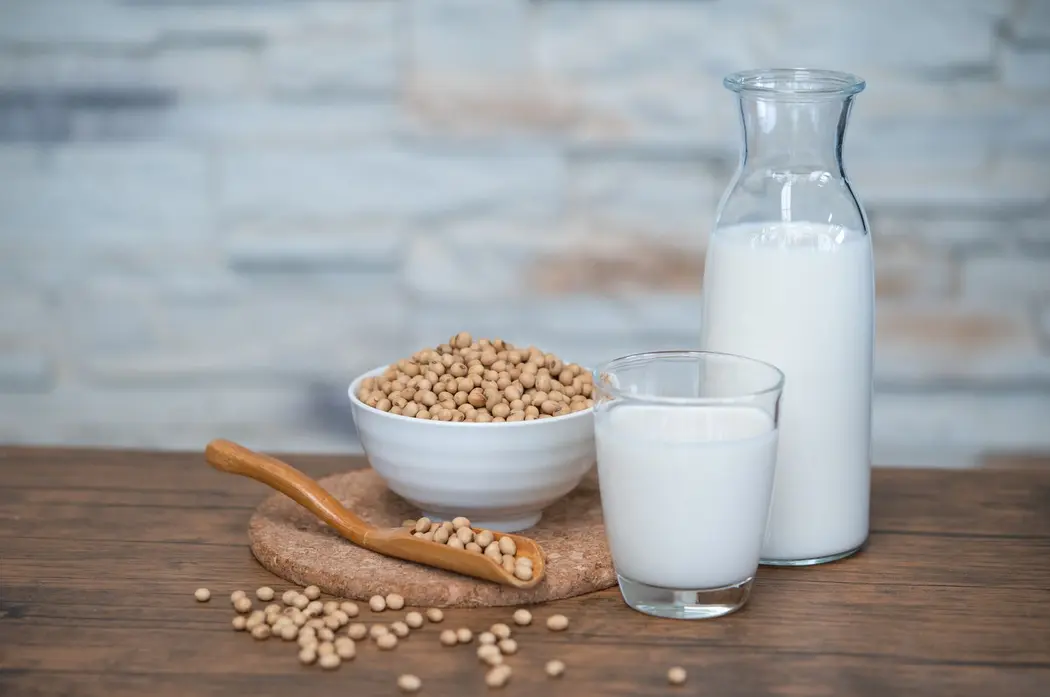T4K3.news
Study Links Vegan Diet to Reduced Menopause Symptoms
Research shows significant benefits of a vegan diet for managing menopause.

Experts review the impact of a vegan diet on menopause symptoms based on recent research.
Vegan Diet Linked to Lower Menopause Symptoms
A new study published in Menopause suggests that a low-fat vegan diet may significantly reduce menopause symptoms, particularly hot flashes. The study involved 84 women who adhered to a vegan diet, incorporating both whole and processed plant foods, for 12 weeks. Results revealed a remarkable 92% decrease in severe hot flashes and an average weight loss of about 8 pounds. Despite its small sample size, this research highlights the potential benefits of plant-based eating during menopause while encouraging balanced nutrition.
Key Takeaways
"This study shows that a plant-based diet might also help hot flashes."
Dr. Susan Haas highlights the importance of plant-based diets for menopausal women.
"That’s empowering, especially for busy women who may not always have time to cook from scratch."
Dr. Katie Jo Light discusses the convenience of consuming processed vegan foods.
The findings of this study add a promising dimension to the conversation around menopause management. As women navigate this challenging life stage, the recognition that even processed plant foods can contribute positively is significant. Doctors emphasize a long-term shift towards more plant-based eating rather than an exclusive vegan diet, suggesting flexibility in dietary choices can ease the transition. The shift may also promote a broader acceptance of processed vegan foods, which are often viewed with skepticism despite their potential health benefits.
Highlights
- A plant-based diet may empower women through menopause.
- Processed vegan foods can aid in managing hot flashes.
- Flexibility in dieting is key for menopausal health.
- Healthy eating can transform menopause experiences.
Potential Dietary Risks for Menopausal Women
Women adopting a vegan diet during menopause should be cautious about nutrient intake, specifically vitamin B12, calcium, and omega-3 fatty acids. These nutrients are typically more abundant in animal products, and deficiencies could arise without careful planning.
As research evolves, embracing plant-based options may transform the experience of menopause for many women.
Enjoyed this? Let your friends know!
Related News

New research links diet to menopause symptom relief

Rising MASLD affects millions in the UK

Health Benefits of Soy Milk Revealed

New cardiology recommendations aim to lower heart disease

Dairy intolerance may lead to night terrors

Transition to plant-based diets often causes digestive issues

Millions of women face sleep loss due to menopause

Obesity-related cancer deaths surge in the U.S.
